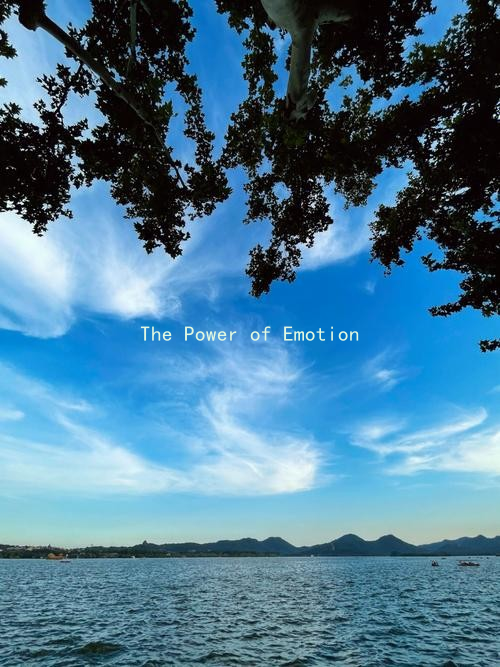The Power of Emotional Responsibility in Navigating Relationship Challenges
Navigating the complexities of romantic relationships can often feel like walking a tightrope. Each partner brings their own emotional baggage, histories, and expectations, which can create misunderstandings and conflicts. One of the most powerful tools for overcoming these challenges is cultivating emotional responsibility. This concept involves recognizing and owning one’s emotions, understanding how they affect others, and managing them in a constructive manner.
Emotional responsibility begins with self-awareness. This means being in tune with your own feelings and understanding what triggers them. For instance, if you find yourself feeling jealous or insecure, its essential to reflect on the underlying causes. Perhaps past experiences contribute to these feelings, or maybe current circumstances heighten them. By identifying these sources, you can begin to communicate your feelings more openly and honestly with your partner. Instead of blaming your partner for your insecurities, you can frame your feelings in a way that invites discussion and fosters empathy.
Effective communication is another cornerstone of emotional responsibility. When confronting relationship challenges, it’s crucial to express your emotions clearly and constructively. Statements that begin with I feel rather than You make me feel can shift the conversation from accusations to personal expression. For instance, saying, I feel anxious when you don’t respond to my messages promptly, rather than You never care enough to reply, can prevent defensiveness and invite a more open dialogue.
Additionally, listening plays a pivotal role in emotional responsibility. When your partner communicates their feelings, it’s vital to listen without interruption or judgment. Active listening demonstrates respect and understanding, allowing your partner to feel heard and valued. This not only strengthens the bond between you but also fosters an environment where both partners feel safe to express their emotions without fear of backlash.

Empathy is also a significant aspect of emotional responsibility. Understanding your partners perspective can drastically change how you respond to their emotions. When you make an effort to see the situation through their eyes, you can respond with kindness and support, rather than frustration or anger. This empathetic approach helps to create a team mentality, where both partners work together to resolve conflicts and nurture the relationship.
Moreover, taking responsibility for your emotional reactions fosters resilience. In every relationship, disagreements and misunderstandings are inevitable. However, when you own your emotions and reactions, you build a foundation of trust and respect. This encourages a proactive approach to resolving conflicts rather than a reactive one, where emotions can escalate the situation further.
Finally, it’s important to recognize that emotional responsibility is a continuous journey. Personal growth and emotional intelligence do not happen overnight; they require consistent effort and reflection. Couples can benefit from regular check-ins to discuss feelings, concerns, and desires. This practice reinforces emotional responsibility and ensures both partners stay aligned in their relationship goals.
In conclusion, the power of emotional responsibility in navigating relationship challenges cannot be overstated. By cultivating self-awareness, practicing effective communication, listening actively, and fostering empathy, partners can build a solid foundation for a healthier, more fulfilling relationship. As both partners take ownership of their emotions, they create an environment of trust and support, which is essential for overcoming obstacles and deepening their connection. Embracing emotional responsibility transforms challenges into opportunities for growth and intimacy, ultimately enriching the relationship experience.





